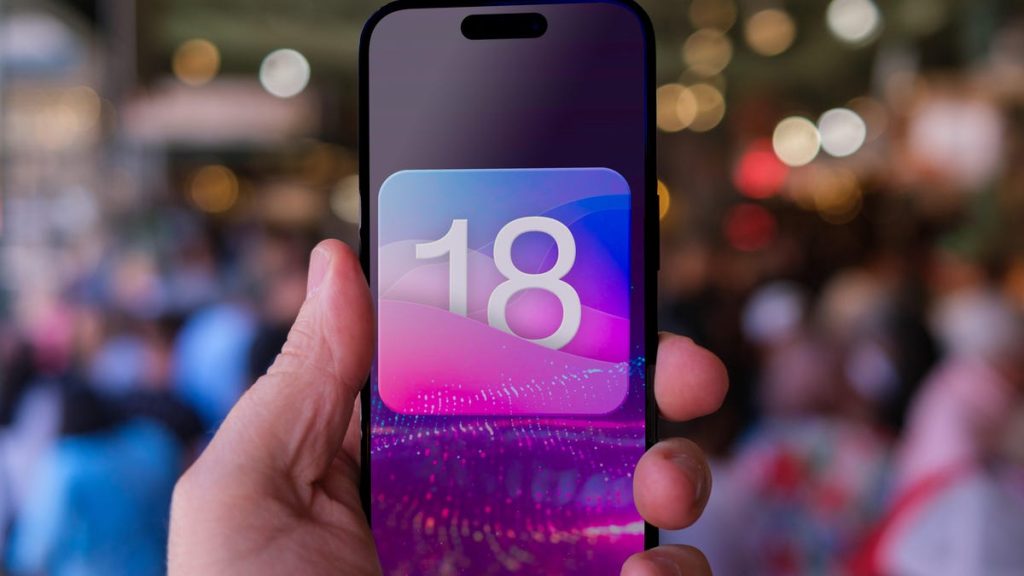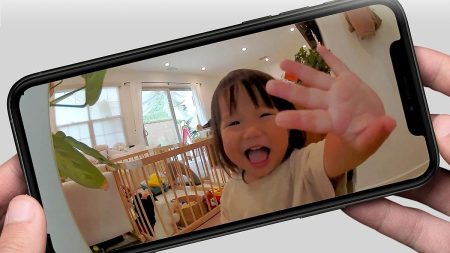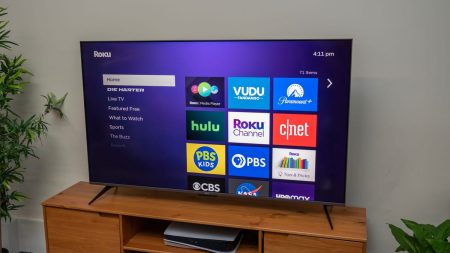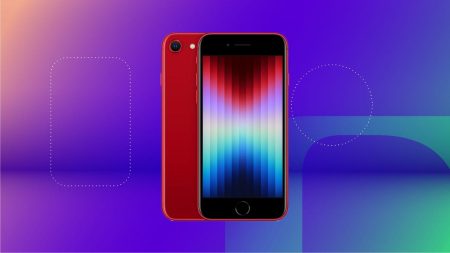iOS 18.1 and 18.3: Enhancing iPhones with New Features and Fixes
Apple’s iOS 18.1 update, released in October, introduced a variety of exciting features and improvements for iPhone users. Among the most notable additions is the call recording feature, which allows users to record phone calls directly from their device. When on a call, a sound bar icon appears in the top left corner of the screen. Tapping this icon starts the recording, and after a 3-second delay, both parties are notified that the call is being recorded. This feature works across all phone types, including calls with Android users. Once the call is ended or the recording is stopped, the audio is saved to the Notes app for easy access. Additionally, newer iPhone models, such as the iPhone 14 Pro, can generate transcripts of the recorded calls, while older models like the iPhone XR cannot. Users are reminded to check local laws regarding call recording before using this feature.
Another major update in iOS 18.1 is the introduction of Apple Intelligence features, which are now available to users outside the EU and China who own an iPhone 15 Pro, Pro Max, or any device in the iPhone 16 lineup. These features include advanced writing tools, a Clean Up photo tool, and an upgraded Siri. The writing tools allow users to proofread, rewrite, and summarize text directly within apps, making communication and productivity more seamless. The Clean Up tool helps remove distracting elements from photos, while the new Siri offers a redesigned interface, improved voice recognition, and the ability to maintain conversational context. To access these features, users must first join the Apple Intelligence waitlist through the Settings app.
iOS 18.1 also expanded RCS (Rich Communication Services) messaging support, which was initially introduced in iOS 18. This update enables Messages for Business, allowing businesses to communicate more effectively with iPhone users. Previously, this feature was only available via iMessage, but now it’s accessible through RCS, making it easier for businesses to reach customers. Additionally, the update introduced tinted home screen widgets, building on the iOS 18 feature that allowed users to add tints to their app icons. Now, widgets such as Clock, Battery, and Calendar also adopt the same tint, creating a more cohesive and personalized look for the home screen.
The Control Center received several adjustments in iOS 18.1, enhancing user convenience. For instance, the Connectivity tile now displays settings like Wi-Fi, Airplane Mode, and Bluetooth as individual tiles rather than rows, making it easier to toggle these options. Users can also add independent controls for Wi-Fi, VPN, AirDrop, and Satellite directly to the Control Center. Additionally, Apple introduced new controls for Level and Measure, which can be useful for DIY projects or renovations. If users prefer the default layout, they can now reset the Control Center configuration through the Settings app.
iOS 18.1 also made it easier to change or add a primary Apple ID email address. This can be done by navigating to Settings > Apple ID > Sign-In & Security, where users can either add a new email or modify the primary address. Apple will then send notifications and messages to the updated email address. Another notable feature is sleep apnea detection, which was enabled for compatible Apple Watch models paired with an iPhone running iOS 18.1. This feature, approved by the US Food and Drug Administration, helps users monitor their sleep health more effectively.
Finally, iOS 18.3, released in January, focused on bug fixes and performance improvements across all iPhone models. While it didn’t introduce any major new features, it addressed several issues, including unexpected restarts on iPhone 16 models and problems with video playback at 4K 60Hz. Additionally, iOS 18.1 introduced an expanded emoji keyboard, with larger emoji and a new layout that prioritizes custom stickers and Memoji. Users can now swipe left to access their custom stickers and another swipe to view their Memoji, making it easier to personalize messages and conversations.
Overall, iOS 18.1 and 18.3 have brought a mix of innovative features and essential fixes to the iPhone experience, enhancing everything from communication and productivity to personalization and health monitoring.












